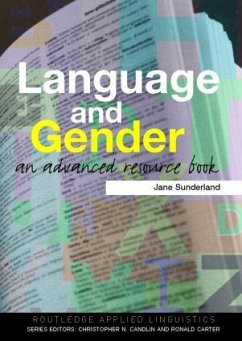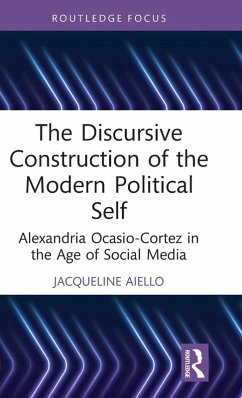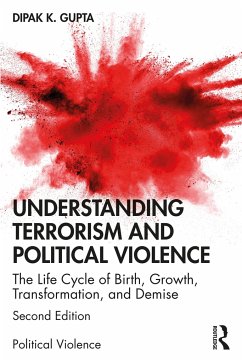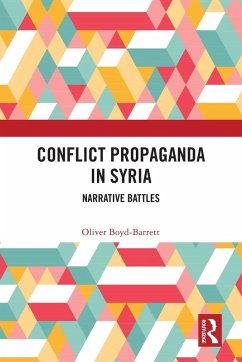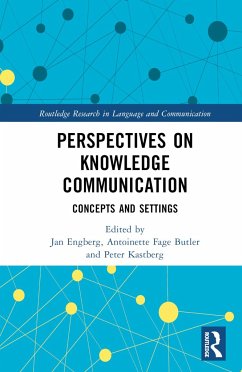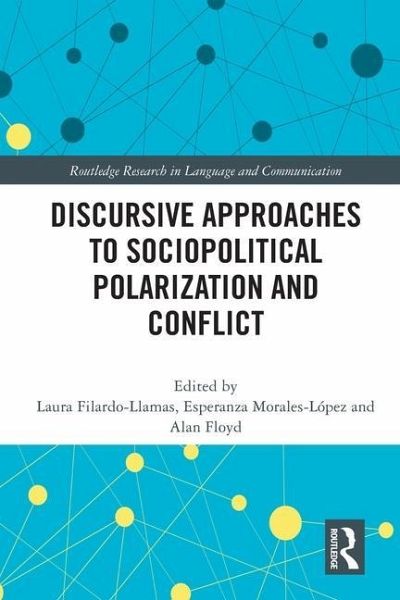
Discursive Approaches to Sociopolitical Polarization and Conflict
Versandkostenfrei!
Versandfertig in 6-10 Tagen
43,99 €
inkl. MwSt.
Weitere Ausgaben:

PAYBACK Punkte
22 °P sammeln!
This collection explores the discursive strategies and linguistic resources underpinning conflict and polarization, taking a multidisciplinary approach to examine the ways in which conflict is constructed across a diverse range of contexts.The volume is divided into two sections as a means of identifying two different dimensions to conflict construction and bridging the gap between different perspectives through a constructivist framework. The first part comprises chapters looking at sociopolitical conflicts across specific geographic contexts across the US, Europe and Latin America. The secon...
This collection explores the discursive strategies and linguistic resources underpinning conflict and polarization, taking a multidisciplinary approach to examine the ways in which conflict is constructed across a diverse range of contexts.
The volume is divided into two sections as a means of identifying two different dimensions to conflict construction and bridging the gap between different perspectives through a constructivist framework. The first part comprises chapters looking at sociopolitical conflicts across specific geographic contexts across the US, Europe and Latin America. The second half of the book unpacks sociocultural conflicts, those not defined by physical borders but shaped by ideological differences on core values, such as on religion, gender and the environment. Drawing on frameworks across such fields as linguistics, critical discourse analysis, rhetoric studies and cognitive studies, the book offers new insights into the discursive polarization that permeates contemporary communicative interactions and the ways in which a better understanding of conflict and its origins might serve as a mechanism for providing new ways forward.
This book will be of particular interest to students and scholars in critical discourse analysis, linguistics, rhetoric studies and peace and conflict studies.
The volume is divided into two sections as a means of identifying two different dimensions to conflict construction and bridging the gap between different perspectives through a constructivist framework. The first part comprises chapters looking at sociopolitical conflicts across specific geographic contexts across the US, Europe and Latin America. The second half of the book unpacks sociocultural conflicts, those not defined by physical borders but shaped by ideological differences on core values, such as on religion, gender and the environment. Drawing on frameworks across such fields as linguistics, critical discourse analysis, rhetoric studies and cognitive studies, the book offers new insights into the discursive polarization that permeates contemporary communicative interactions and the ways in which a better understanding of conflict and its origins might serve as a mechanism for providing new ways forward.
This book will be of particular interest to students and scholars in critical discourse analysis, linguistics, rhetoric studies and peace and conflict studies.








